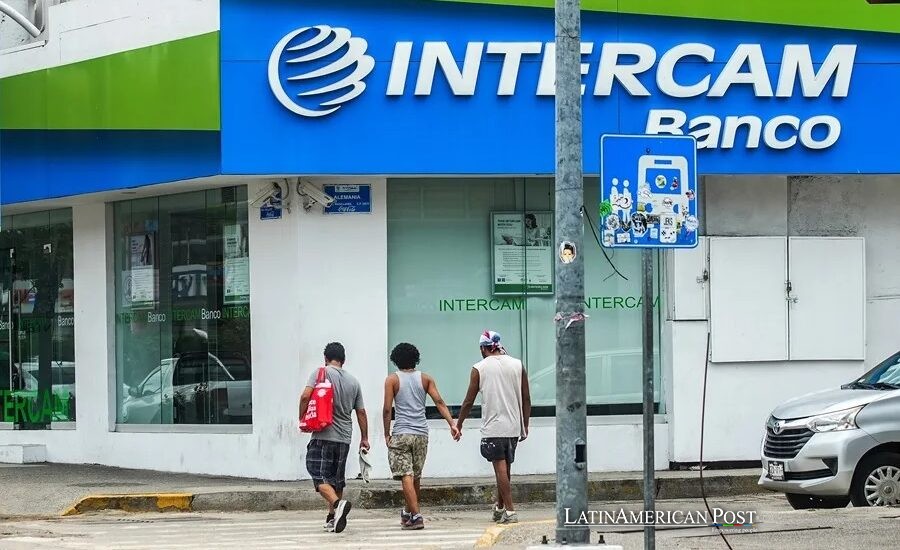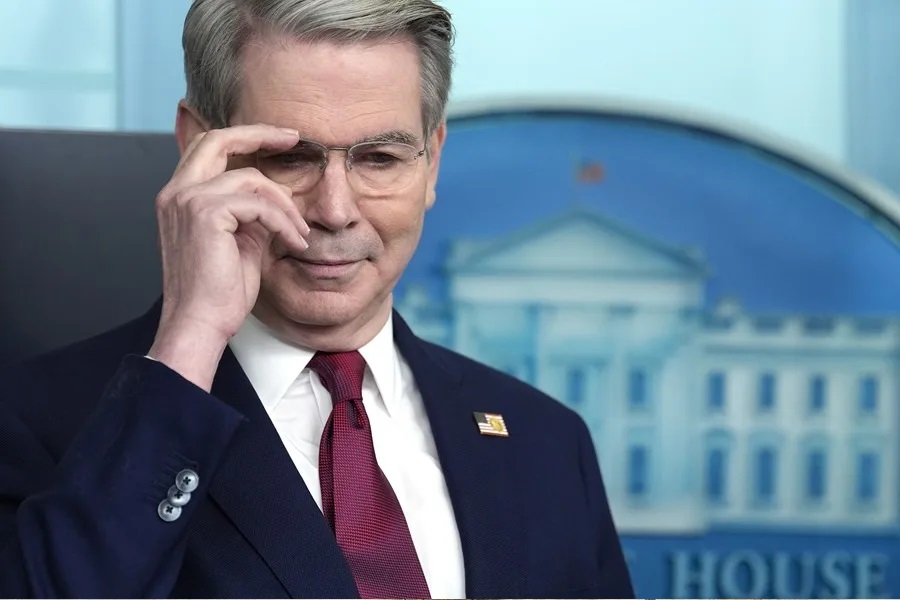Sanctions, Sinaloa, and the Banks in the Crosshairs of America’s Fentanyl War

A fresh wave of U.S. financial sanctions has pushed three Mexican banks into the global spotlight, revealing how Washington now sees cartel money—not drug mules—as the weakest link in a fentanyl supply chain that spans continents, currencies, and political fault lines.
A New Playbook in the Fight Against Fentanyl
For years, the U.S. approach to fentanyl focused on the physical pipeline: chemists in Sinaloa, precursor shipments from China, and street dealers in Ohio. But the newest Treasury sanctions, announced in June, suggest the battlefield has shifted—to the bank ledger.
For the first time, the U.S. Treasury Department has blacklisted three mid-sized Mexican financial institutions—CIBanco, Intercam Banco, and brokerage firm Vector Casa de Bolsa—not for laundering after the fact, but for allegedly “facilitating payments for precursor chemicals.” That language, typically used for shell companies, now applies to full-fledged financial institutions.
The move falls under the Fentanyl Sanctions Act and the FEND Off Fentanyl Act, two pieces of legislation passed to arm regulators with sharper tools. These new sanctions freeze any dollar-denominated assets the banks hold in U.S. correspondent accounts and prohibit American firms from transacting with them.
The blow may appear surgical, but the impact could spread quickly. These banks aren’t giants, but they serve thousands of Mexican businesses—from exporters to remittance agencies—who rely on dollar-clearing access in New York. As one former Federal Reserve compliance official put it, “No Mexican bank survives long once it’s cut off from New York. It triggers a reputational chain reaction.”
Mexico Pushes Back—and Demands Evidence
Back in Mexico City, the official response was swift—and angry.
The Finance Ministry released a terse communiqué the same afternoon the sanctions were announced, stating it had received no formal documentation or proof from Washington. According to the ministry, under Mexican law, evidence of financial crimes must be shared through judicial channels, not public press releases.
On paper, CIBanco and Intercam hold only about 2% of the country’s total banking assets. But their real importance lies in their foreign exchange services—handling cash for tourists, small traders, and informal businesses. That’s also the very space where cartel money can most easily blend into the flow, according to Mexican regulators.
Oversight is thin. According to researchers at the National Autonomous University of Mexico, the country’s main anti-money laundering office—Unidad de Inteligencia Financiera (UIF)—has only a few hundred investigators watching over thousands of entities, from big banks to rural credit unions.
“The institutional asymmetry is staggering,” said political scientist Cecilia Farfán. “The U.S. has entire teams at Treasury, the DEA, and even the Pentagon following a single wire transfer. Mexican agencies are dealing with tax evasion, corruption, and drug money all at once.”
Sanctions and Leverage: A Familiar Washington Game
This isn’t just about compliance—it’s about politics.
In Washington, the move fits a familiar pattern. The Trump administration used blanket tariffs in 2019 to pressure Mexico on migration. Now, financial sanctions are being used the same way—to turn up the heat on security cooperation.
By showing that even banks traded on the Mexican stock exchange aren’t immune, Treasury sends a message to the entire sector: raise your compliance game, or risk being exiled from the dollar system.
Mexican economists warn that this could trigger a broader liquidity shock. Argentina and Bolivia have already seen currency distortions and dollar shortages worsen when sanctions or blacklists scare off institutional investors. If Mexico—Latin America’s second-largest economy—faces a similar jolt, the ripple effect could disrupt regional trade and supply chains.
Former Colombian finance minister José Antonio Ocampo said the strategy could backfire. “Sanctions alone don’t work,” he told a regional banking conference last week. “You need joint audits, shared intelligence, and an agreed-upon framework. Otherwise, traffickers just find another channel before regulators blink.”

EFE/Yuri Gripas
Symbolism, Side Effects, and an Uncertain Endgame
The question many are asking is this: will these sanctions actually move the needle on overdose deaths in the U.S.?
The CDC reported over 74,000 deaths from synthetic opioids last year—mostly fentanyl. A forthcoming paper in the Journal of Illicit Economies argues that unless enforcement disrupts 30% or more of cartel revenues, it won’t significantly dent production. Cutting off a few banks might slow transactions, but cartels are already using cryptocurrencies, shell companies, and even Chinese informal banking networks.
Still, symbolism matters. By activating laws tied directly to the opioid crisis, the Biden administration is signaling a harder line—and a dwindling patience for what it sees as Mexican inaction.
It also puts Mexico’s new president, Claudia Sheinbaum, in a bind.
She campaigned on resetting relations with the U.S. while defending Mexican sovereignty. Now she must choose: comply quietly and risk appearing weak, or fight the sanctions and risk rattling international investors.
And there’s another risk, too. In places like Bolivia, where Bitcoin has become a workaround for broken banking systems, the idea that formal institutions can be cut off overnight has already fueled a migration toward crypto. If Mexican savers start seeing banks as vulnerable, the region’s slow tilt toward decentralized finance could accelerate.
For now, the three sanctioned institutions—CIBanco, Intercam, and Vector Casa de Bolsa—remain open. Their ATMs still spit out pesos. But inside boardrooms in Mexico City’s Reforma district, meetings have turned urgent.
Also Read: Brazil Braces as BYD Chinese EV Armada Rolls In
One senior executive, speaking anonymously, told a financial compliance consultant, “We’re preparing to challenge this in U.S. courts—but first we need to see the evidence.”
Because the deeper truth is this: the success of sanctions doesn’t depend on headlines. It depends on whether governments prosecute, banks reform, and citizens trust that their paychecks won’t disappear.
In Mexico, on that last point, the jury is still out.





